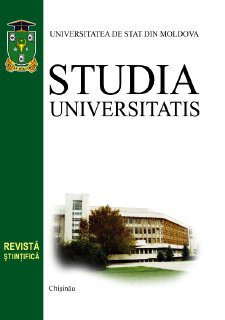ASPECTE PSIHOPEDAGOGICE ALE RELAŢIEI DINTRE AUTOCUNOAŞTERE ŞI AUTOEVALUARE
Ionuţ VLĂDESCU Universitatea „Andrei Şaguna”, Constanţa (România)
Rezumat
Approaching the self-knowledge of the individual represents a difficult task if we consider the intricacy and the “delicacy” of this action, as well as the multitude of questions involved by the problem taken into discussion. One of the experts that studied with abnegation the issues connected with the self-knowledge was V. Pavelcu. This author quoted A. de Vigny, who had considered that the word pronounced the most difficultly in every language is “I”. On the other hand, the approach is rewarded through the advantages obtained as a result of making clear the mechanisms that ensure the good self-knowledge, the tools that are used for such an approach, and the positive outputs resulted from the good knowledge of the individual’s identity. Thus, the self-knowledge ensures to each individual a better involve- ment in his or her activities, owing to the self-confidence given by the knowledge of his or her own potential, interests and skills and can influence the better outputs as the result of being aware of such potential and proper valuation. At the same time, the self-knowledge can have a positive impact on guiding the individual to successful activities and the profession that fits to his or her interests, skills and possibilities, and creates the background for obtaining the school- and professional success or opens the way to self-training and self-promotion. From the wide domain of the implications given by the self-knowledge on the social activity of the individual and his life we take into discussion the role played by this phenomenon in the educational activity, as well as its consequences.

